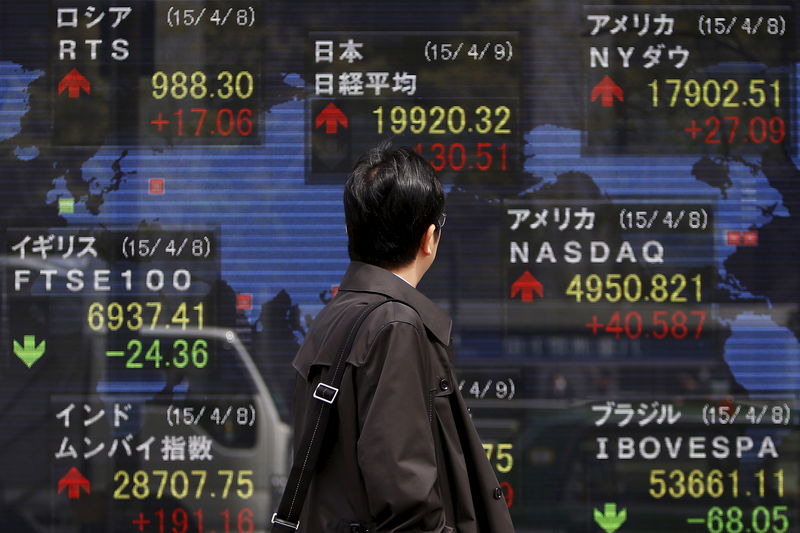ZURICH, Sept 23 (Reuters) - Switzerland's top court has
allowed Geneva prosecutors to share with Italy material they
seized more than three years ago that could shed light on a case
involving oil majors Eni ENI.MI and Royal Dutch Shell RDSa.L
and corrupt payments in Nigeria.
In a ruling announced on Monday, the Federal Tribunal
rejected Nigerian defendant Emeka Obi's appeal to prevent
photocopies of items and computer files from his confiscated
suitcase from being sent to Italian crimefighters.
The Swiss court said the case did not fall within the narrow
scope of permissible appeals to the Lausanne-based tribunal.
Geneva prosecutors have been reviewing material in the
suitcase to decide what can be shared with Italian authorities.
The Federal Tribunal had already rejected last year an
appeal by Obi to prevent his suitcase from being unsealed.
In that ruling, the court said the confiscated material -
including documents, an external hard drive, British and African
passports, and USB keys - could have "potential pertinence" in
the criminal investigation and the sealing could be lifted
without violating Swiss law.
Obi, through his lawyers, has denied any wrongdoing.
"Our client has maintained his innocence in regards to the
various allegations made by the Milan prosecutors and is
confident that the final evaluation of the contents of his bag
will confirm this," they had said last year.
An Italian judge said last year that Eni and Shell were
aware their 2011 purchase of a Nigerian oilfield would result in
corrupt payments to Nigerian politicians and officials.
Eni and Shell have denied any wrongdoing.
The two companies bought the OPL 245 offshore field for
about $1.3 billion in a deal that spawned one of the industry's
largest corruption scandals. It is alleged that about $1.1
billion of the total was siphoned to agents and middlemen.
The Milan judge made the comment in her written reasons for
the September conviction of Obi and Italian Gianluca Di Nardo,
both middlemen in the OPL 245 deal, for corruption. The pair
were jailed for four years.
Obi and Di Nardo have been tried separately from Eni and
Shell, which also face corruption allegations over the same deal
in a hearing that is expected to drag on for months.
Obi brought the Swiss case to keep the contents of the
suitcase - seized in Geneva in April 2016 in an inquiry
unrelated to the corruption case - from being shared with
foreign authorities.
Its confiscation led Geneva prosecutors to open a criminal
case for suspected corruption of foreign officials and
money-laundering. Days later Italian authorities requested
judicial assistance, arguing that the suitcase and its contents
had been deliberately stashed in Geneva.
